Trinidad and Tobago president-elect shoots down rumours about her sexuality with the perfect response
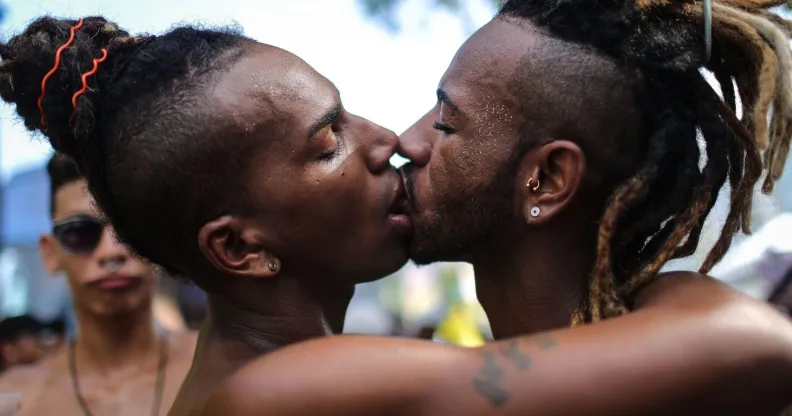
(Getty)
The president-elect of Trinidad and Tobago has perfectly shot down rumours about her sexuality.
Paula-Mae Weekes is set to be the sixth president of the country, but since the election, her private life has been pulled into question.
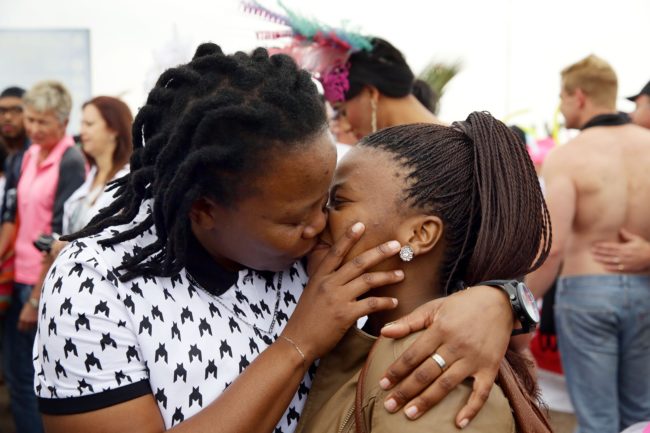
Pride in South Africa (Getty)
Many have accused Weekes of being a lesbian because she is neither married nor has children.
Weekes addressed the rumours in an interview with the T&T Guardian and was incredibly graceful in her response.
She explained that the rumours first came to her attention after someone showed her comments made online.
She said: “Somebody drew to my attention a photograph that was a composite of me and another person and saying that I was a homosexual and I wondered ‘well how did they arrive there, based on what?’”
The 59-year-old went on to add that it was not fair for her character to be based on rumours.
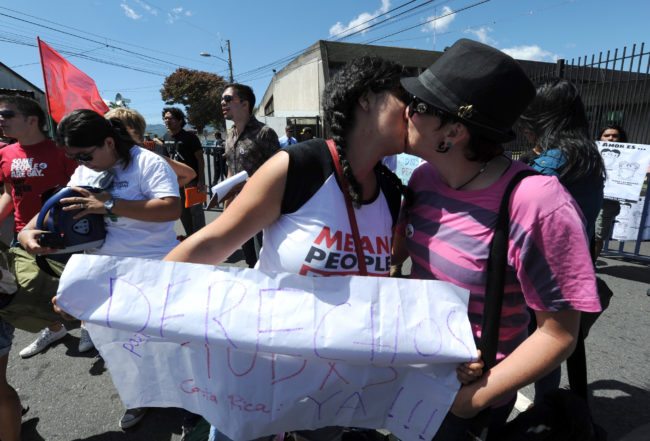
(Getty)
Related: Trinidad and Tobago: Prime Minister says gay rights is ‘not legally possible’
“You know you can’t really spend any of your valuable time looking at those things.
“To me, what is important will float to the surface, people will see it for what it is, and what is unimportant will fall by the wayside.”
She went on to clarify that she is “not” a lesbian but added that she did not understand why it would be an issue if she were.
“No I’m not, but you know what fascinated me is why were they going there at all? Why did they think it necessary to either find that out or make up their own story?
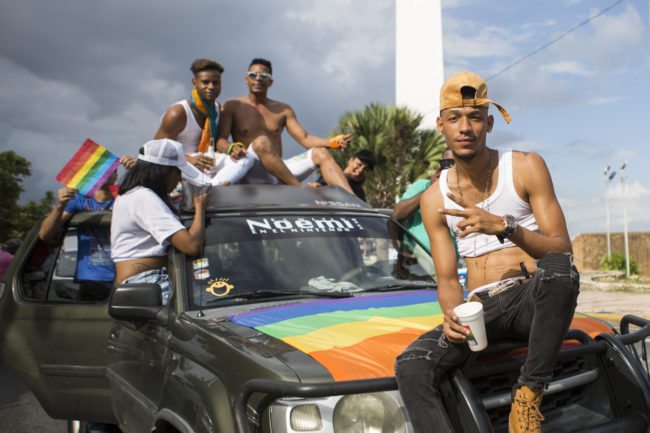
(Getty)
“I was just fascinated as to why that was of interest. It didn’t offend me, you ask me a question and I would give you an answer, but I just couldn’t understand why of all the things you would want to know about the person who is likely to be your next President is that, I should think there are far more important things that you would need to know,” she said.
The former Judge of the Turks and Caicos Islands Court of Appeal added that the situation proved that the country was should be questioning character aspects that don’t concern sexuality.
“We major in the superficial, I don’t think it is peculiarly Trinidadian but I think we have to face it. I think questions of character were far more important,” she said.
Weekes, who will be the first female president in the country when she’s inaugurated in March, concluded by adding that she believes all citizens of Trinidad and Tobago should be offered protection from the state, regardless of their sexuality or gender identity and made it clear that equality was on the top of her agenda.
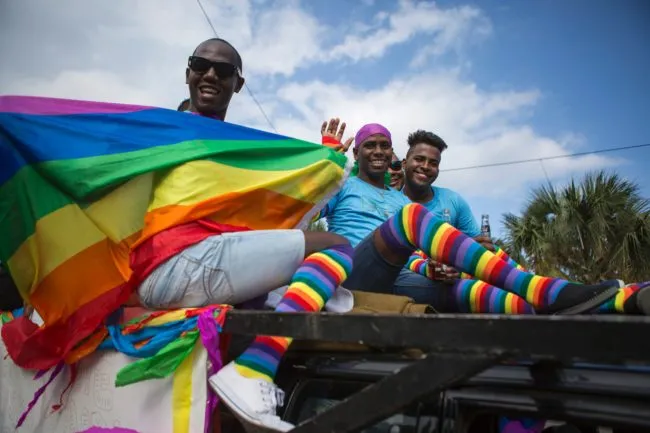
(Getty)
“I think in terms of the State and the law all citizens and all persons under the protection of our jurisdiction should have equal treatment whatever their gender, whatever their sexual orientation, whatever their race we need to have absolute equality across the board in terms of State obligations and constitutional rights,” she said.
The LGBTQ+ community in Trinidad and Tobago face a slew of anti-LGBT laws, including legislature which prohibits sex between two males.
In February 2017, Trinidad activist Jason Jones filed a case before the Supreme Court of Trinidad and Tobago seeking to have both Section 13 and Section 16 declared null and void. The hearing took place on 30 January 2018 and judgement will be delivered by Justice Rampersad on 12 April 2018.
If the campaign is successful, it would also make gay sex legal in Antigua, Barbados, Grenada, Jamaica, Saint Kitts, Saint Lucia and Saint Vincent.
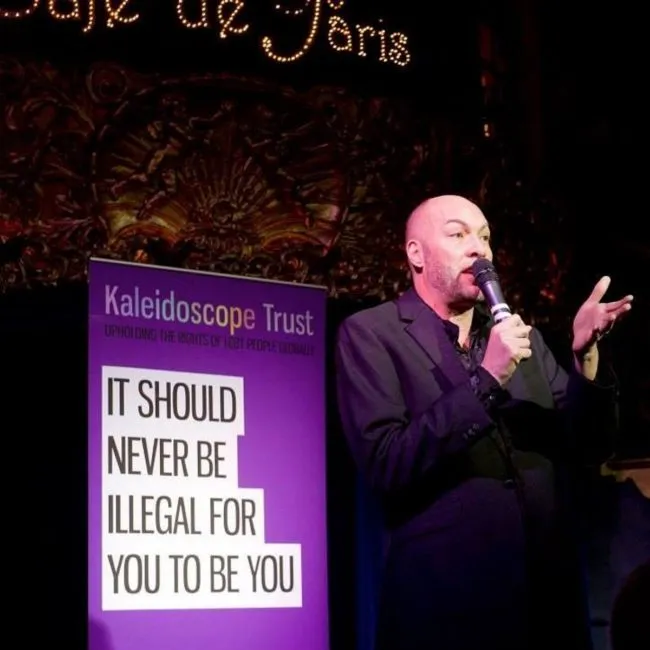
(Facebook/jason jones)
As it currently stands, men convicted of penetrative sex with another man can be imprisoned for 25 years, while any other gay or lesbian sexual acts can result in a five-year prison term.
Writing for PinkNews in November last year, Jones described the second-class status of LGB people on the island.
“I am a criminal simply because I am a gay man,” he wrote.
“There are around 100,000 LGBT people on my islands, all living with the threat of criminal law hanging over them.
“We inherited these laws from Britain, but my own Government extended the law from only gay men to include lesbians as well after we gained our independence.”

